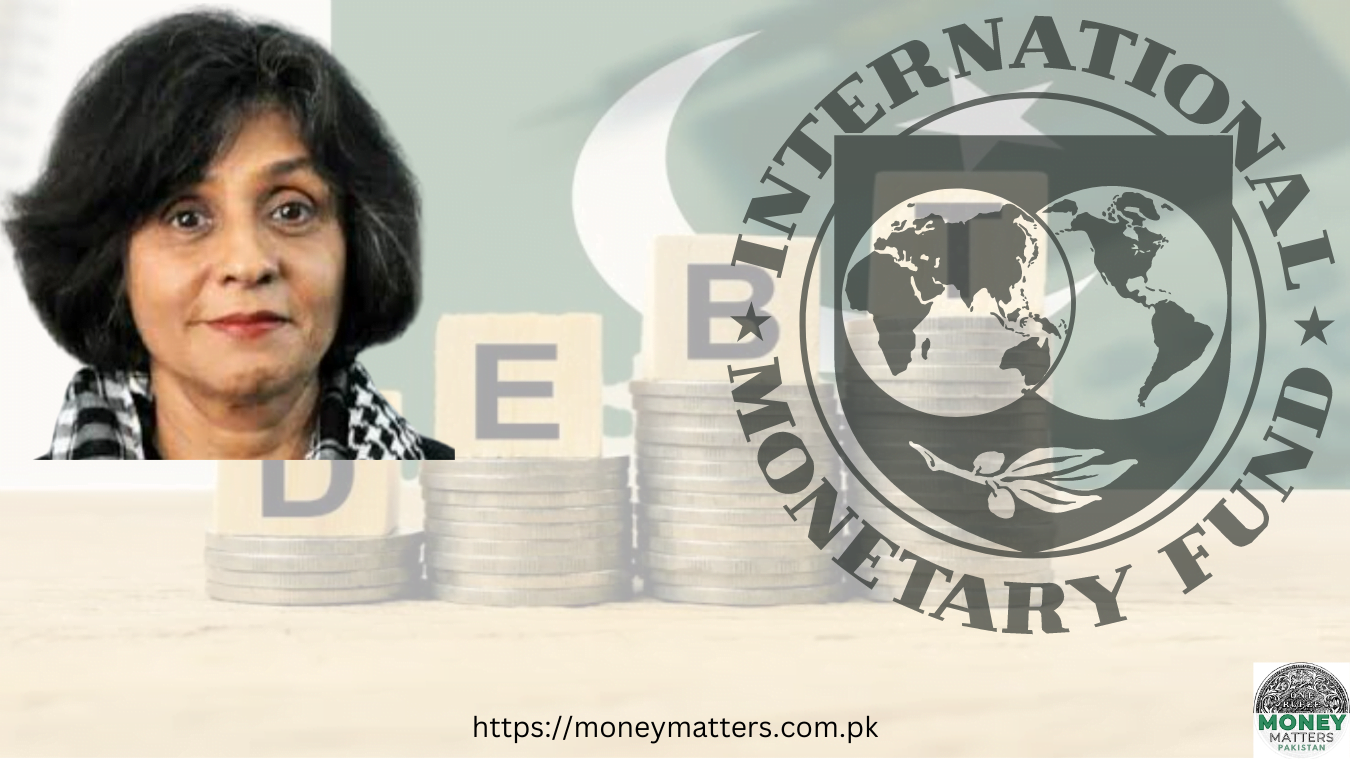Key Takeaways:
- The perception that recent taxation measures were imposed as IMF loan conditions.
- Finance Minister Aurangzeb’s strong commitment to securing the successor IMF loan.
- Concerns over whether the government is using the IMF as a scapegoat.
- Structural flaws in IMF programs for Pakistan, including inadequate focus on expenditure control and elite capture of resources.
- Impact of budgetary measures on different economic sectors, particularly regarding inflation and debt servicing.
Anjum Ibrahim, a senior journalist specializing in economic affairs, has penned an article titled “An IMF budget or not?” in daily Business Recorder. Her analysis dives deep into Pakistan’s current economic challenges, particularly scrutinizing the role of the International Monetary Fund (IMF) and its influence on the country’s fiscal policies.
Anjum Ibrahim, known for her insightful economic commentary, critiques the Pakistani government’s recent economic decisions in light of perceived IMF pressures. She argues that the tax increases implemented, especially affecting the salaried class, may be more a consequence of IMF loan conditions than a strategic domestic economic policy choice.
Finance Minister Aurangzeb’s unwavering commitment to securing the successor IMF loan is a point of concern raised by Ibrahim. She points out that such a singular focus on IMF approval may overshadow the exploration of alternative economic strategies or negotiating positions.
Historically, Ibrahim notes, Pakistan has faced significant challenges with IMF conditions, often finding them too rigid and out of touch with domestic economic realities. She highlights a pattern where IMF-mandated policies have failed to address structural issues within the Pakistani economy, such as expenditure control and the equitable distribution of resources.
Ibrahim’s analysis delves into the structural flaws of IMF programs tailored for Pakistan, critiquing the lack of diversity in economic perspectives at decision-making levels. She argues that economic leadership in Pakistan has often mirrored IMF priorities, leading to policies that may not be in the country’s long-term economic interest.
The article scrutinizes the budget allocations for the fiscal year 2024-25, emphasizing a continued reliance on consumption and import-based taxation strategies. Ibrahim underscores the potential adverse effects of such strategies on economic growth, citing examples from neighboring countries like Sri Lanka and Bangladesh, where tax structures differ significantly.
Moreover, Ibrahim raises serious concerns about the budget’s failure to address underlying economic challenges, such as persistent inflation and a widening fiscal deficit. She criticizes the government’s approach of relying on short-term revenue measures, such as increased taxes on utilities and salaries, without a corresponding long-term economic plan.
Anjum Ibrahim’s analysis advocates for a reevaluation of Pakistan’s economic strategy, urging policymakers to prioritize sustainable growth over immediate fiscal targets imposed by international lenders like the IMF. She calls for a comprehensive economic plan that takes into account domestic realities and encourages structural reforms to promote inclusive growth and reduce economic disparities.
By highlighting these critical points, she invites readers to reconsider the impact of IMF conditionality on Pakistan’s economic sovereignty. She argues for a balanced approach to economic policy-making that considers both short-term stabilization measures and long-term growth strategies.
Anjum Ibrahim’s article serves as a clarion call for economic policymakers in Pakistan to engage in more nuanced and inclusive dialogue on economic reforms. She emphasizes the importance of leveraging domestic expertise and diverse economic perspectives to craft policies that truly benefit all segments of Pakistani society.
In conclusion, Ibrahim’s analysis challenges the prevailing narrative around IMF conditionality in Pakistan, urging stakeholders to adopt a more holistic and sustainable approach to economic governance. She advocates for policies that prioritize the interests of the Pakistani people while navigating the complexities of global economic dynamics.




